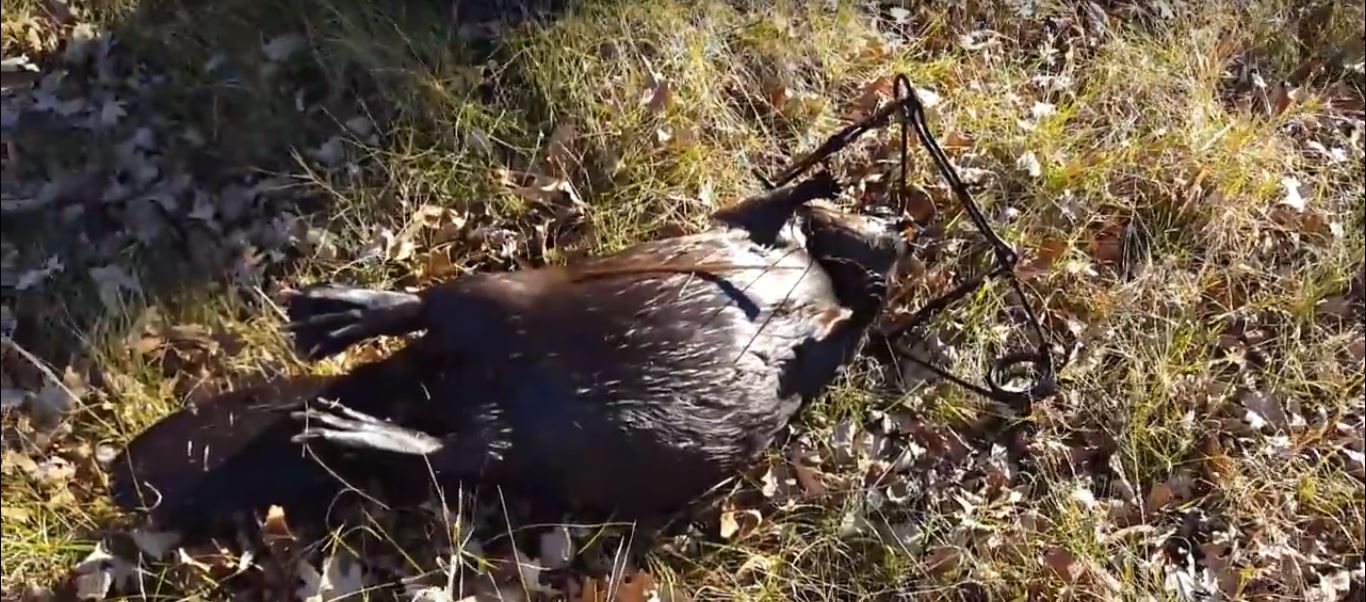Are beavers damaging your property?
Are Boston beavers damaging your property?
Are you concerned about felled trees?
Flooding?
Do you wish these neighbors would just move out?

Some say you should just learn to live with them. They contribute to the preservation of wetlands
and biodiversity. However, Massachusetts beavers are notorious for the damage they can cause. You might think that
destroying their lodge, or home, might fix the problem, but think again. Beavers are known to be industrious
and persistent, and you may wake up the next morning to find that rebuilding is already underway. Trapping and/or
killing beavers to eradicate the problem is a matter that is regulated by Massachusetts local, state and federal laws. Do not
even think about such measures without checking the legalities. But have no fear. There are several ways to deter
or repel Boston beavers but the effectiveness of each is not without question.
First you need to know some basics. Beavers use trees as building materials as well as a food source. Certain types
of trees are favorites of the beaver. Their preferred species are alder, aspen, apple, birch, cherry, cottonwood,
poplar and willow. You only need to be concerned with trees that are within 100 feet of the shore. Beavers might be
great swimmers but they move slowly on land.
One deterrent is to use an odor or taste repellent. There are many types and brands that you may purchase at home supply
stores. In the short term, these may be adequate but the repellent does wear off and at some point, the repellent needs to
be reapplied. A better option is painting the base of the tree with a mixture of course sand and latex paint. The tree needs
to be painted with such mixture up to 3-4 feet. Note that if it rains within 24 hours of application, you will need to reapply.
This method is not recommended for young trees under 6 feet tall.
Finally, as they say, fences make good neighbors. Fencing is the most effective option you will find. You can create individual
tree guards or fences around small groves of trees. Such fences should be made of heavy metal wire or mesh and need to be 3-4
feet high. Each method is easy and safe for “do-it-yourself” damage control and do no harm to the beaver itself. If you
remove the food source and the necessary materials for habitat, Massachusetts beavers will eventually relocate to a more appropriate area.
Visit our Boston wildlife removal home page to learn more about us.

